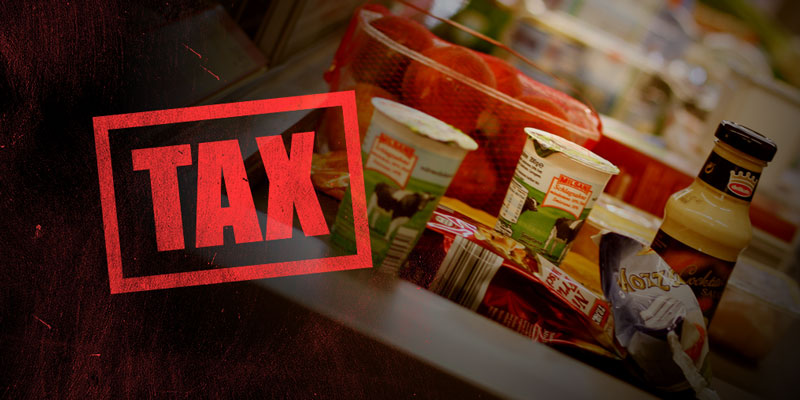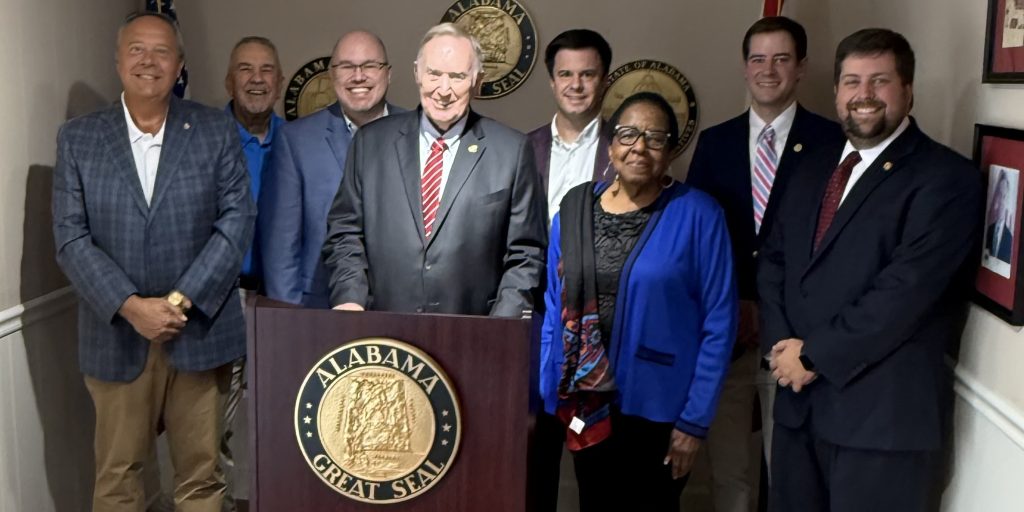MONTGOMERY — State lawmakers reached a final agreement Thursday on how to cut the grocery tax.
As prices have risen across the board, Alabama’s 4% sales tax on food has remained the same, leaving families with the compounded expense – until now.
Thanks to the state’s historic $3 billion budgetary surplus, legislators passed a historic measure to cut the tax in half.
With only one day remaining, it emerged as one of the most “organic” proposals of the 2023 legislative session. Signed onto by every senator and more than 100 members of the 105-member House, it was also among the most popular.
The bill’s sponsors, Sen. Andrew Jones (R-Centre) and Rep. Danny Garrett (R-Trussville), say the gradual cut will go a long way.
“This has been something that has been talked about for decades,” Jones said after Senate passage. “This is going to mean $200-$250, we think, for the average Alabamian per year to come off the grocery tax.”
The tax cut headed to Gov. Kay Ivey’s desk is a 1% cut this year followed by an additional 1% reduction next year, if Education Trust Fund revenue stays consistent.
Alabama is one of only three states that tax groceries at the same rate as other purchases. Historically, Alabama has held onto one of the highest combined state and local sales tax rates in the country, reaching up to 9.22% according to the Tax Foundation.
The tax cut would reduce revenue in the Education Trust Fund by $318 million annually once fully implemented. However, that money will go back to the taxpayers at the grocery store.
House Education Budget Committee Chairman Danny Garrett said he’s confident it can be sustain without negatively impacting the Education Trust Fund.
“We had to make some choices going forward about what tax incentives tax cuts, measures we could make,” Garrett said Thursday. “We are already a low tax state. Alabama is the lowest tax state per capita in the country.
“That doesn’t mean we shouldn’t continue to reduce taxes. We need to look at how we how we tax people and what our you know how we what our tax policies are, but we’re certainly doing all we can I think, make it easier on people this is this is on the directly impacts the pocketbooks of hard-working people in Alabama.”
Continued assessment and sustainable relief is top of mind for lawmakers.
“Our long term goal is to utilize that study commission, we’re taking it down in this legislation from 4% to 2%, we want to look and figure out how we can take it from 2% to zero,” Jones said.











